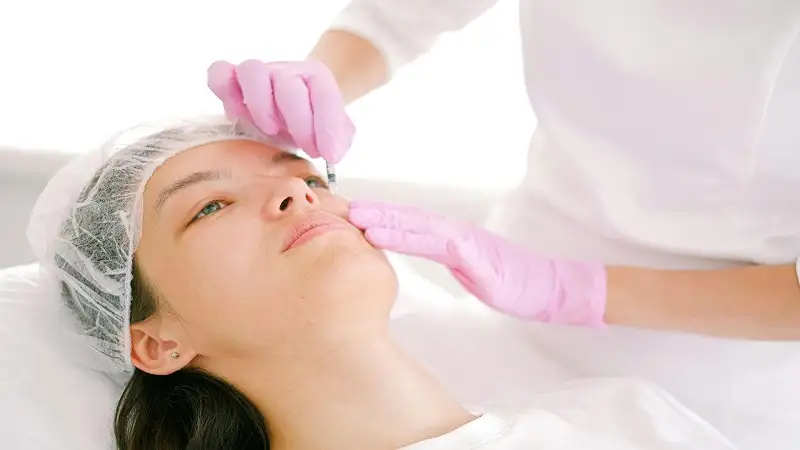When it comes to protecting your skin and overall well-being, finding a trusted skin cancer clinic Brisbane can make all the difference. Skin cancer is one of the most common yet preventable cancers in Australia, and Brisbane’s sunny climate increases the need for vigilant care. Choosing the right clinic is not just about convenience — it’s about ensuring you receive accurate diagnosis, effective treatment, and long-term support from professionals who truly understand your needs.
Understanding the Risk: Why Skin Cancer Is a Serious Concern in Brisbane
With Queensland known as the “Skin Cancer Capital of the World,” it’s no surprise that residents of Brisbane face a higher-than-average risk of developing skin cancer. The region’s intense UV radiation levels mean that even a few minutes of unprotected exposure can cause lasting skin damage.
Basal cell carcinoma, squamous cell carcinoma, and melanoma are the most common types diagnosed. While some may appear as small, harmless spots, others can spread rapidly if not treated early. That’s why selecting the right clinic, one with the right expertise, technology, and patient-focused approach, is a crucial decision for your long-term health.
What Sets a Good Skin Cancer Clinic Apart?
Not all clinics are the same, and quality care can vary significantly. When choosing a skin cancer clinic brisbane, there are several key factors to consider:
1. Qualified Dermatologists and Skin Cancer Doctors
A reputable clinic should have certified dermatologists or skin cancer specialists who are trained in early detection and surgical treatment. Their experience ensures that even subtle or atypical lesions are accurately identified.
2. Advanced Screening Technology
Look for clinics equipped with high-quality dermatoscopes, digital imaging systems, and total body photography tools. These technologies help detect changes in moles and spots over time, allowing for faster intervention when necessary.
3. Comprehensive Services
A full-service skin cancer clinic will provide not only skin checks but also biopsy services, minor surgeries, and follow-up care. This ensures continuity and avoids delays between diagnosis and treatment.
4. Patient-Centered Care
The best clinics prioritize comfort and communication. They take time to explain findings, discuss treatment options, and educate patients on prevention strategies — not just perform quick checks and send you home.
The Benefits of Choosing the Right Clinic
Selecting a professional and reliable skin cancer clinic brings several long-term health benefits:
- Early Detection: Regular screenings by experienced specialists can identify cancerous or pre-cancerous lesions before they spread.
- Accurate Diagnosis: Advanced imaging reduces the risk of misdiagnosis and unnecessary procedures.
- Tailored Treatment Plans: Each case is unique, and personalized treatment ensures better results and faster recovery.
- Ongoing Monitoring: Good clinics maintain detailed records and images of your skin to monitor changes over time.
Ultimately, the right clinic acts as your long-term partner in maintaining healthy skin and peace of mind.
How to Prepare for Your First Appointment
If you’re visiting a skin cancer clinic for the first time, a little preparation helps you get the most from your consultation:
- Make note of any spots or moles that have changed in color, shape, or size.
- Avoid wearing makeup or nail polish on the day of your check — these can hide potential issues.
- Bring your medical and family history, especially if relatives have had skin cancer.
- Ask questions about the clinic’s screening process, technology, and follow-up protocols.
A transparent and informative consultation is a good sign that you’ve chosen a clinic that values patient care.
Prevention Is Just as Important as Detection
While professional skin checks are essential, prevention remains your first line of defense. Always use SPF 30+ sunscreen, wear wide-brimmed hats and UV-protective clothing, and avoid tanning beds. Remember, every sunburn increases your lifetime risk of developing skin cancer, so consistent protection is key.

